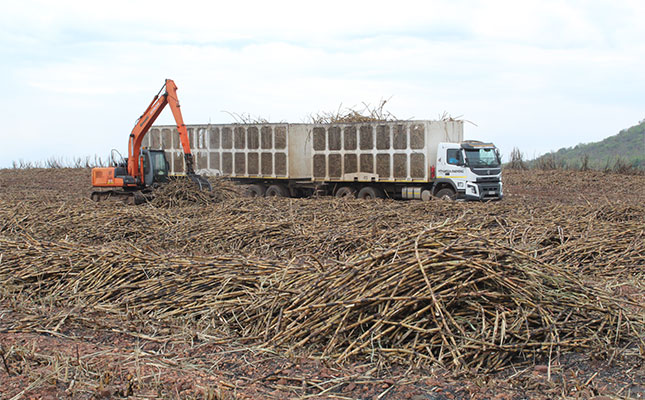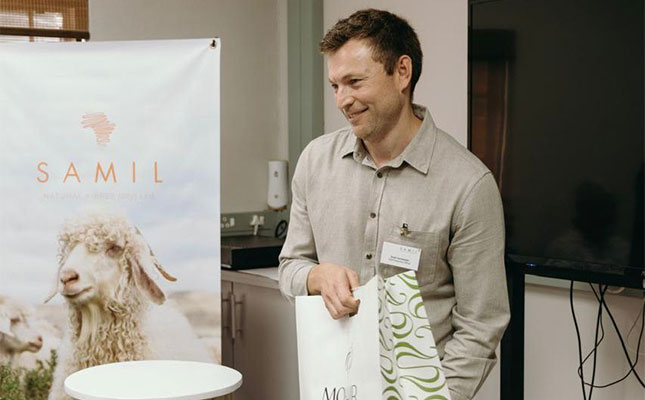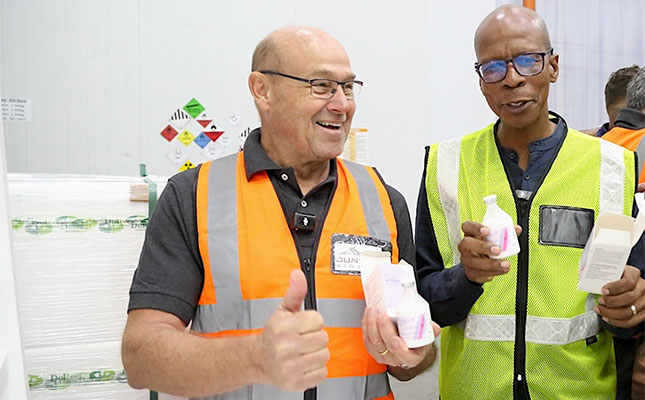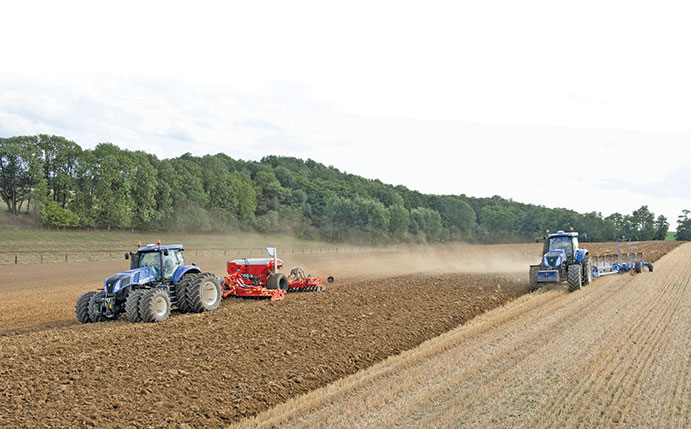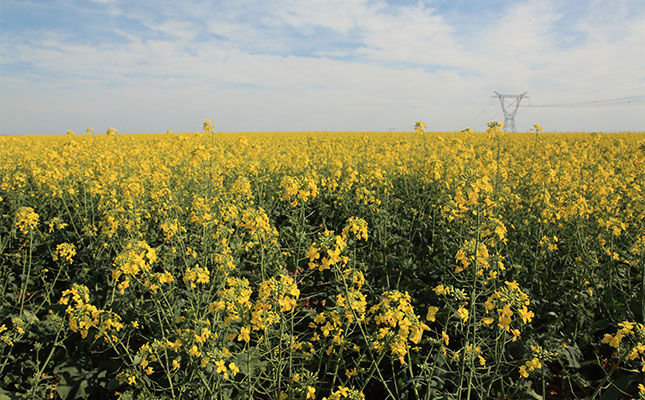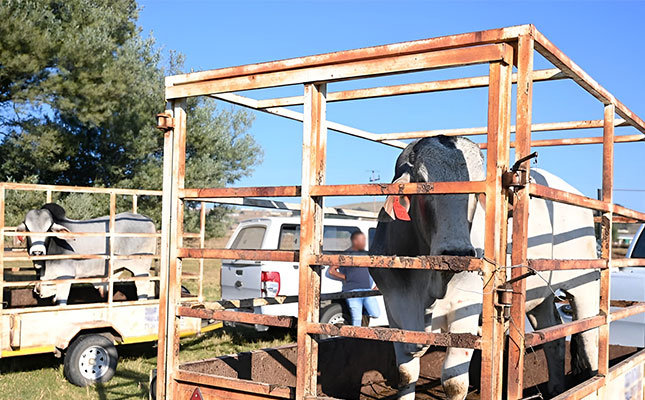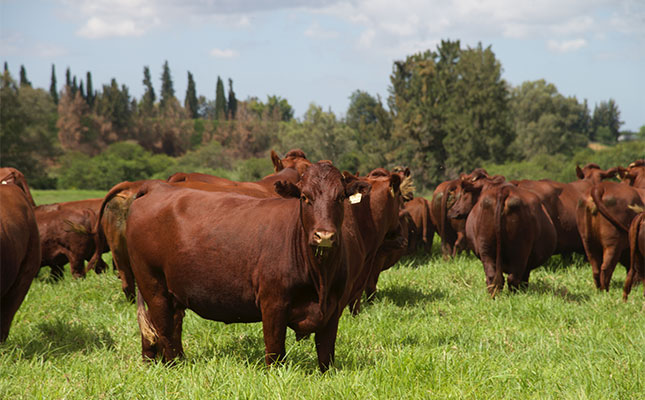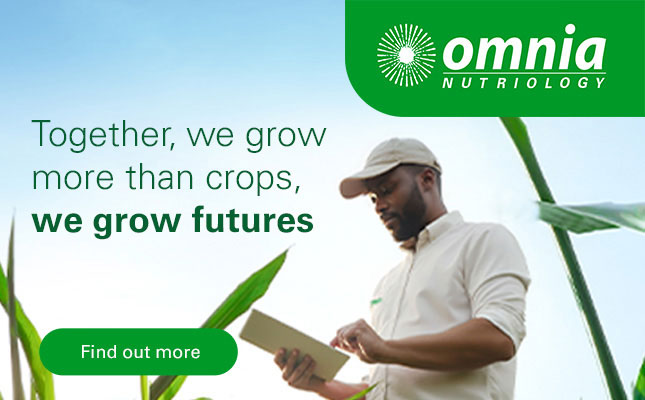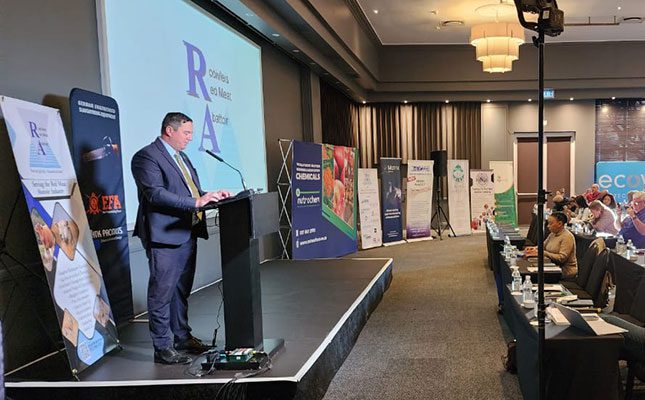
Minister of Agriculture John Steenhuisen announced a significant vaccine roll-out to curb the spread of foot-and-mouth disease (FMD) at the annual conference of the Red Meat Abattoir Association (RMAA) held recently in Somerset West, Western Cape.
Steenhuisen confirmed that vaccines worth R42 million would be made available, with the first batch of 900 vaccinations set to be delivered mid-June to high case areas in Gauteng, KwaZulu-Natal, and Mpumalanga.
A more hands-on, longer-term approach, however, was needed to mitigate FMD, according to him.
These included the decentralised security offered by the Red Meat Industry Services’ (RMIS) FMD Working Group, which was already being developed by the RMIS Operation Centre.
The appointment of more veterinarians in disease management areas and the establishing of more abattoirs to reduce the movement of cattle and thus the spread of FMD were also important disease mitigation efforts.
Steenhuisen emphasised the importance of biosecurity across the red meat value chain to reduce disease risks, prevent the spreading of diseases and maintain and grow export market opportunities.
“Biosecurity is not a siloed issue. It must be embedded across the entire value chain from pre-slaughter monitoring to post-mortem data collection.”
He added that it was for this reason that the Department of Agriculture was reforming disease surveillance, revitalising partnerships with the private sector and investing in digital platforms that could flag biosecurity threats early and allow for a rapid, science-based response.
The importance of transparency and traceability was also highlighted, with Steenhuisen assuring that inspection would become law as a means of state enforcement for biosecurity and food safety.
“The Department of Agriculture is intensifying its inspection systems, modernising legislation and working closely with provincial veterinary services to ensure that standards are not merely set, but enforced. Compliance is not a formality but a public good.”
Upgrades to small-scale and rural abattoirs were also prioritised to ensure everyone was equipped to meet basic statutory and food safety requirements.
Sustainability
While the focus of the day was on safety and care, Steenhuisen said that the industry also needed to prepare for the challenge of sustainability.
He said global conservation was shifting toward carbon impact, water use and climate resilience, and the red meat industry had to find a way to become part of the solution by documenting sustainability efforts, investing in climate-smart infrastructure, and participating in science-based targets for responsible production.
“We must show not only that we are producing meat, but that we are doing so in a way that respects planetary boundaries and enhances long-term food system resilience,” he said.

